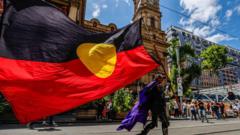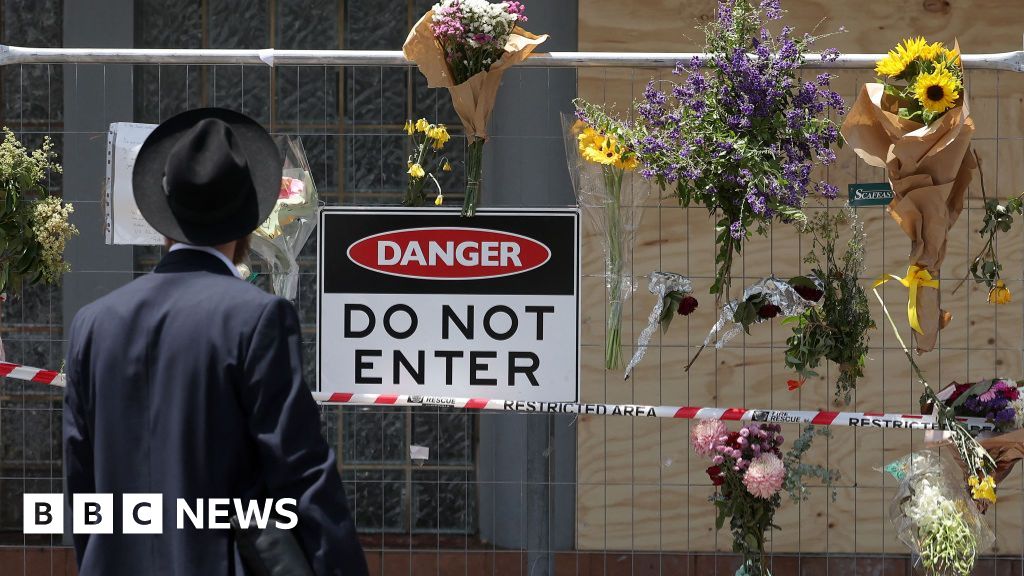As the Australian election draws near, the absence of campaign activity within Indigenous communities highlights a troubling trend. In Yarrabah, Queensland, once lively with political discourse, now shows only the low buzz of a local truck selling ice cream. Suzanne Andrews, the chief executive of Gurriny Yealamucka Health Services, notes that the major parties are neglecting direct engagement with Indigenous concerns, despite admission of ongoing socio-economic disadvantage faced by Aboriginal Australians.
Indigenous Australians, comprising around 3.8% of the national population, remain significantly disadvantaged, a situation termed a "national shame." In the recent campaign, both Prime Minister Anthony Albanese and Opposition leader Peter Dutton have largely steered clear of First Nations discussions, save for a controversial remark by Dutton critiquing Indigenous "welcome to country" ceremonies as overdone.
The backdrop of this silence lies in the aftermath of the failed Voice to Parliament referendum in 2023, which proposed constitutional recognition for Aboriginal and Torres Strait Islander peoples. This significant defeat has led many politicians to view Indigenous matters as daunting and electorally hazardous, stifling any momentum toward substantial policy dialogue. Andrews reflects the sentiment shared by many Indigenous individuals, lamenting a shift back to a "silent" political landscape.
The referendum may have sparked increased interest in Indigenous affairs, but the political climate now suggests that both major parties opt for safety over addressing the pressing needs of First Nations communities. Observers note that after such a polarizing event, a disengagement from Indigenous issues occurred across the political spectrum.
Amidst these dynamics, Lidia Thorpe, an independent senator, criticizes the current administration's reluctance to acknowledge Indigenous voices. She calls for a legally binding treaty as a means of recognition versus past efforts that failed to address the core issues. The stark reduction of Indigenous dialogue during this election cycle, according to critics, is a missed opportunity for leaders to unify the nation and confront ongoing injustices.
Current trends indicate that a strategic avoidance of First Nations topics is prevalent, influenced by prevailing voter sentiment that does not prioritize these issues. Data from the Australian National University reveals a decline in belief regarding the government's responsibility to bridge the living standard gap between Indigenous and non-Indigenous Australians.
Notably, the fallout from the referendum has seen an increase in reported racist incidents against Indigenous peoples, impacting their societal experience. As Andrews poignantly describes, the emotional toll of recent events has left many reluctant to engage in the political arena, seeking a lower profile out of fear of backlash.
In Yarrabah and beyond, a collective yearning for visibility and meaningful discourse persists among Indigenous Australians. Community advocates long for authentic representation where their perspectives shape the decisions that directly impact their lives. Yet, with political discourse ensconced in silence, the path toward constructive engagement remains uncertain.



















